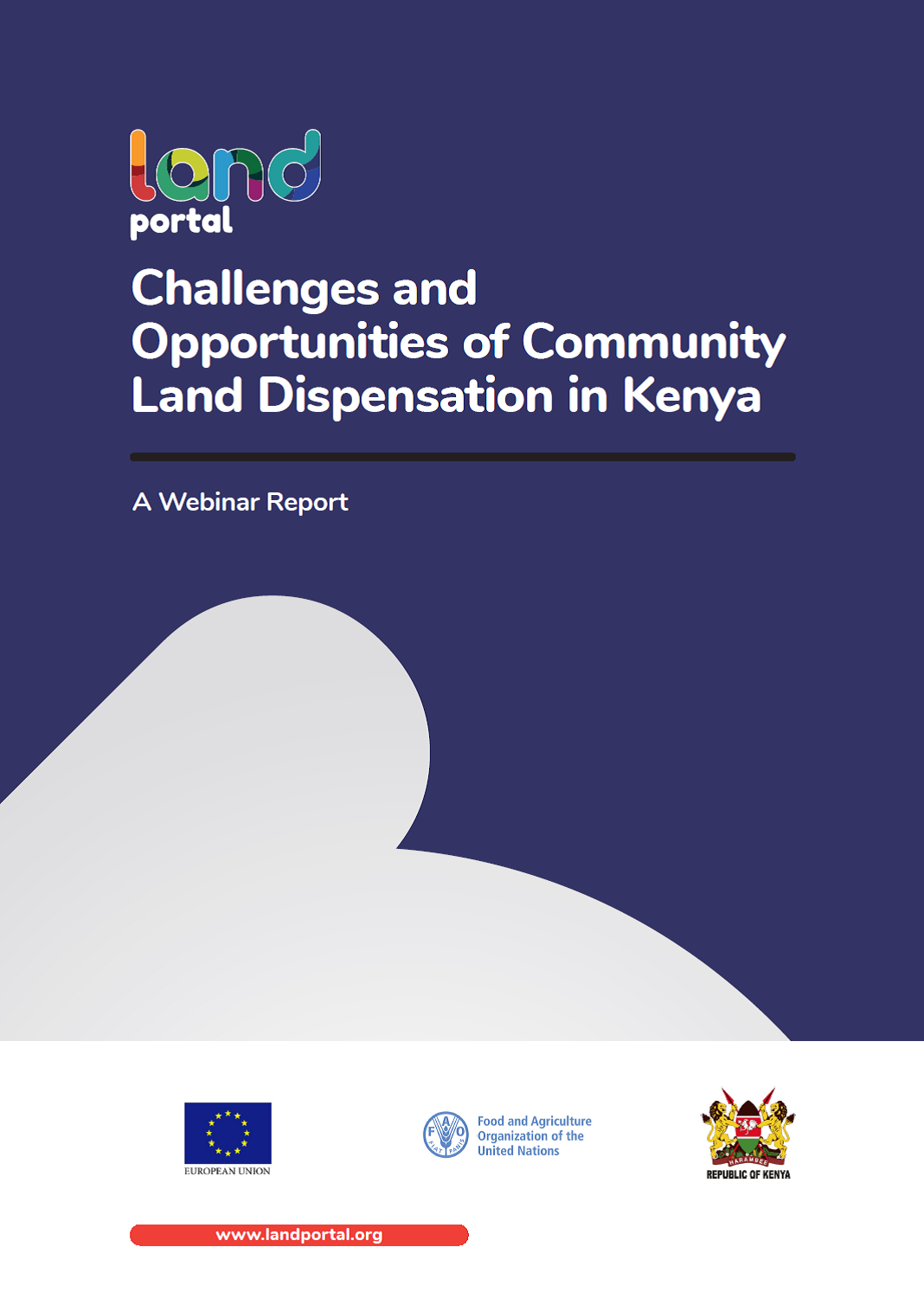The Influences of Gendered Customary Land Tenure System on Food Security in Nandom District, Ghana
Food insecurity has been a major global development concern. Hence, SDG Two seeks to achieve Zero Hunger by 2030. The situation is severe in sub-Saharan Africa, where customary practices deprive women of land ownership and limit their access rights. This paper explores the influences of a gendered land tenure system on food security in Nandom District, adapting conditional assessment modules defined by USDA and FAO. With a list of households categorized under headship, 30 respondents were proportionally selected from each of the four study communities.





